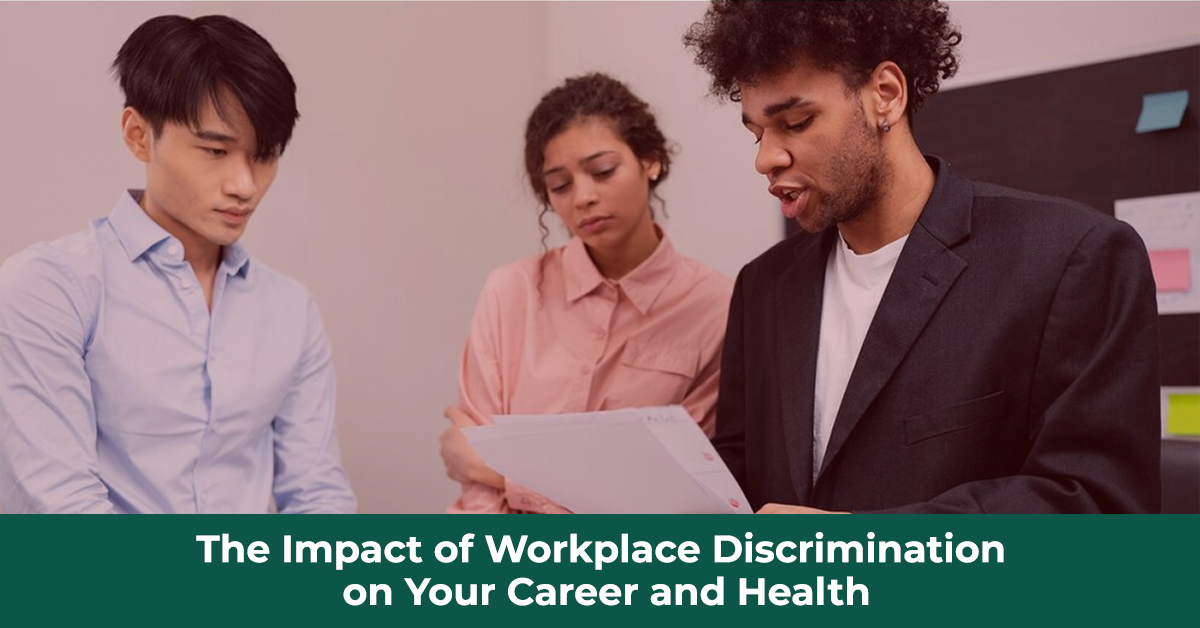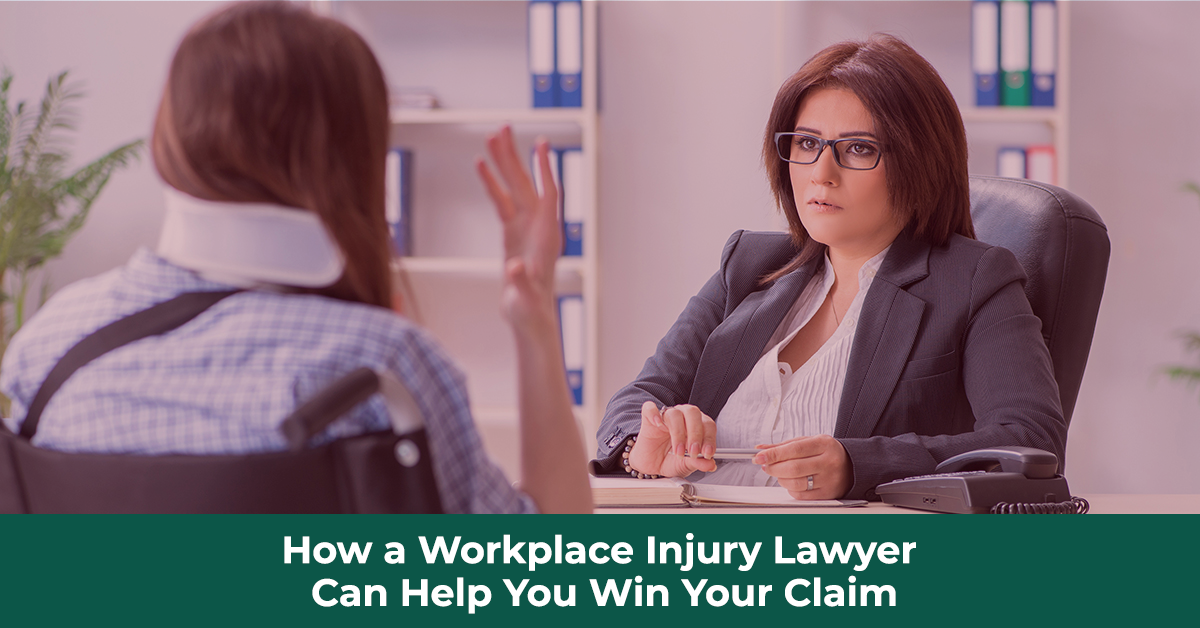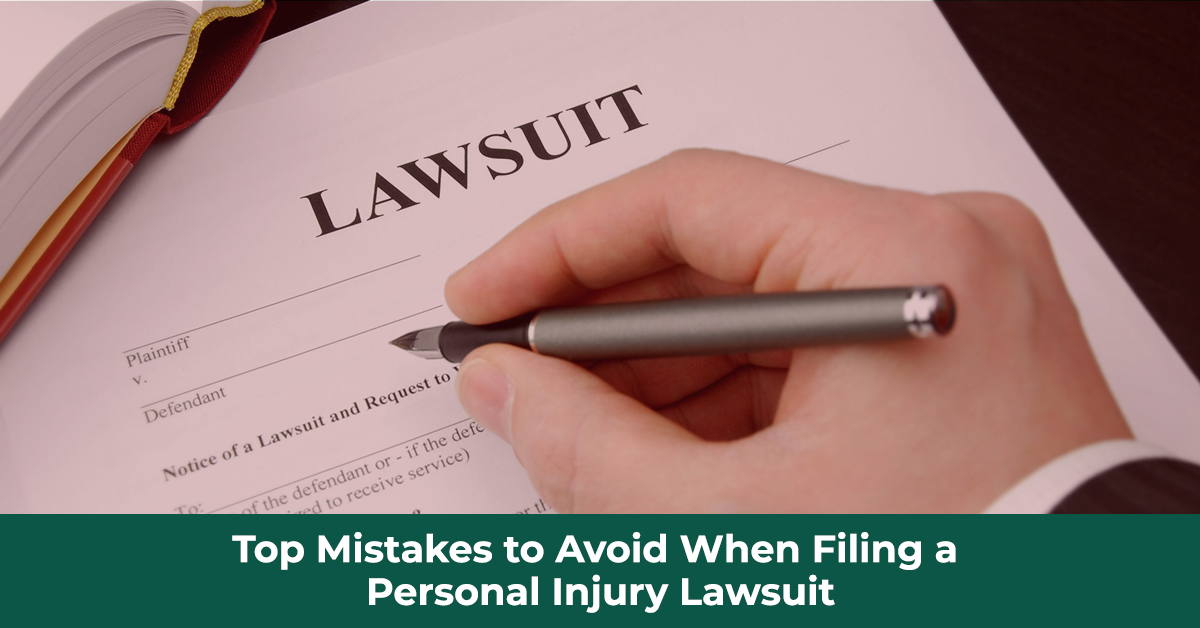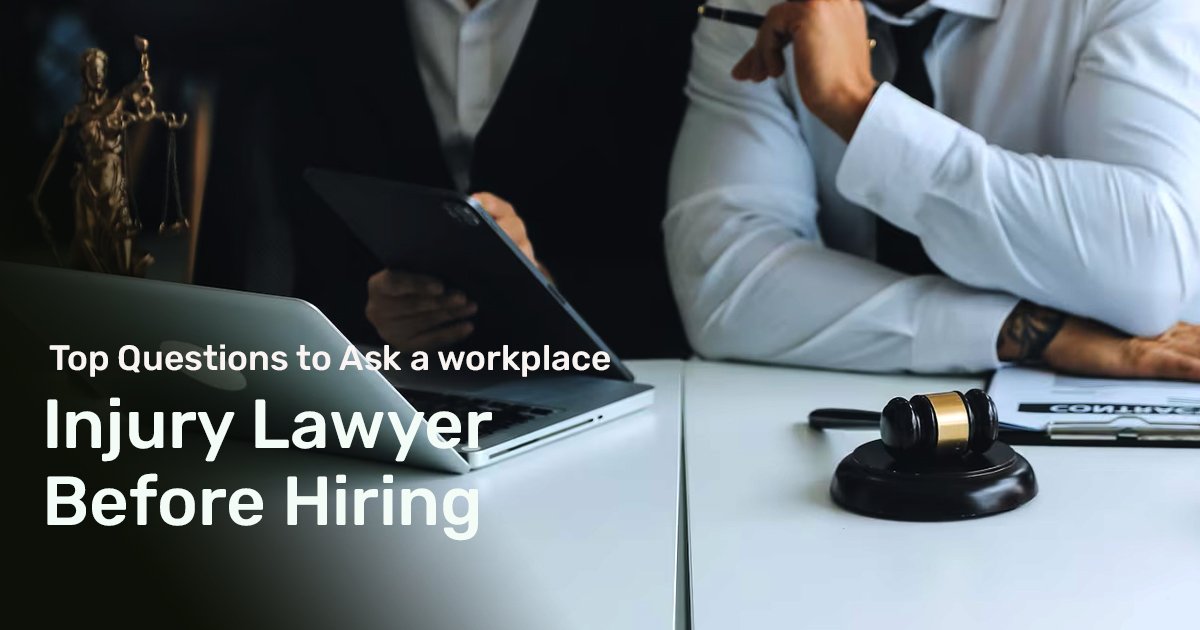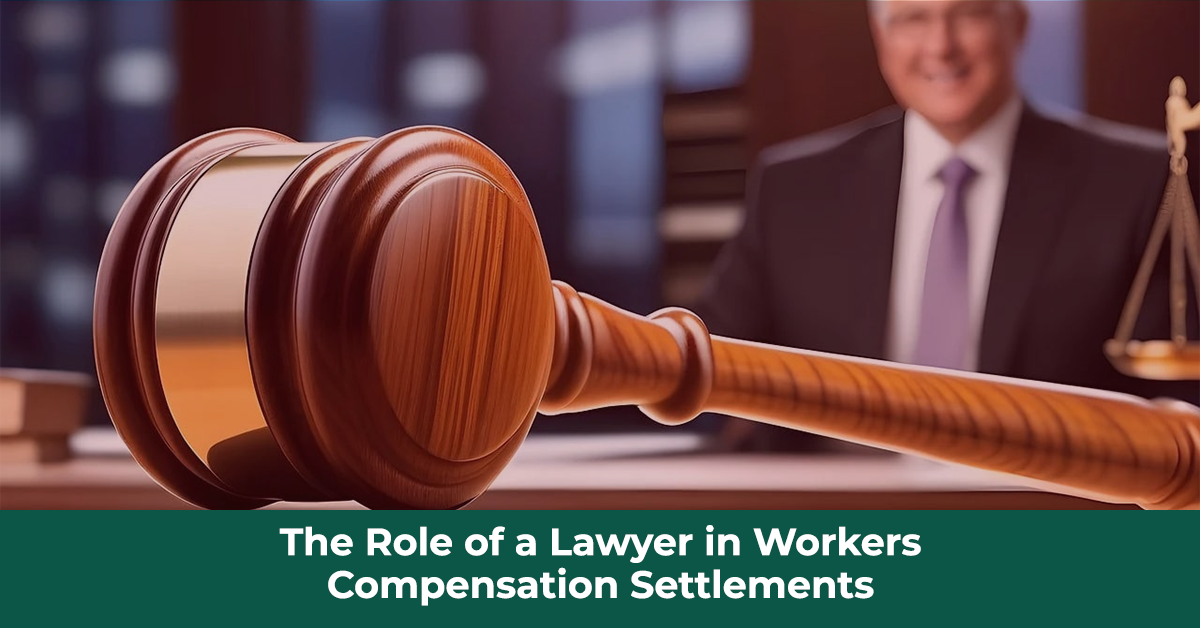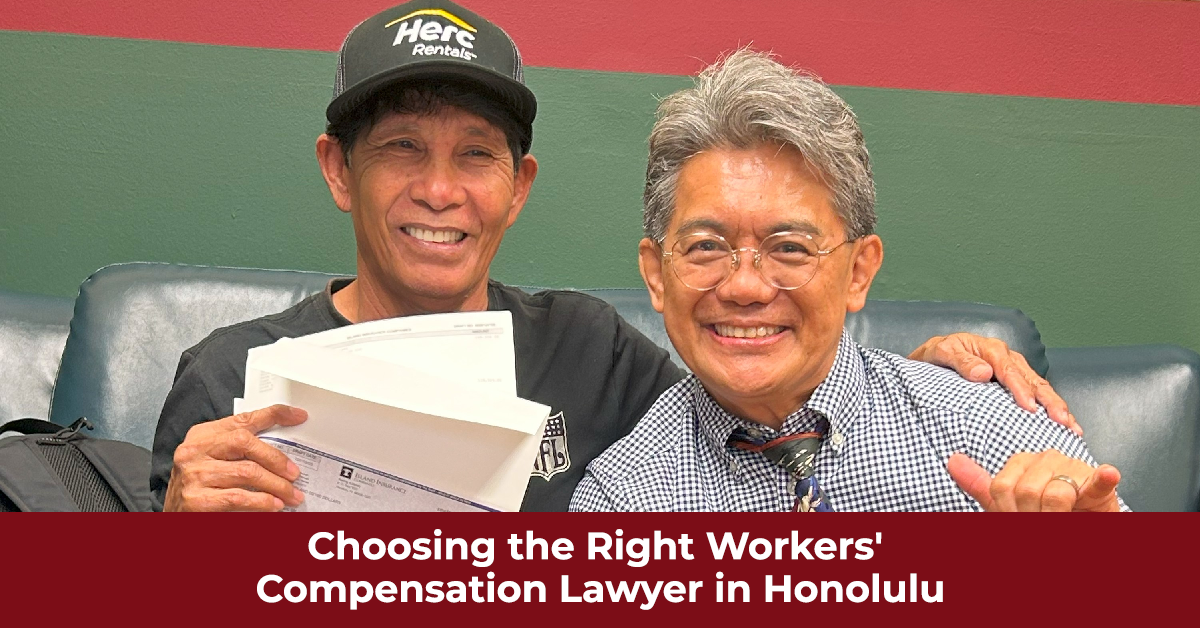Workplace injuries can happen in a split second, but the consequences often last much longer. If you’re hurt on the job, navigating your next steps can feel confusing and even overwhelming. Knowing your rights under workers’ compensation for employees is essential, not just to recover physically but to protect your income, job, and future.
10 Most Common Workers’ Compensation Questions Employees Ask
At the Law Offices of Alex M. Sonson, we regularly hear the same questions from hardworking employees across Hawaii. To help clarify your rights and options, we’ve compiled ten of the most common workers’ compensation questions, along with answers you can trust.
1. Am I Eligible for Workers’ Compensation in Hawaii?
Most employees in Hawaii are covered by workers’ compensation from day one on the job. You don’t need to work a minimum number of hours or meet a waiting period. If you’re injured while performing your work duties, you likely qualify, regardless of who caused the accident.
2. What Should I Do Right After a Work Injury?
Report it immediately. Notify your supervisor and ask to complete an incident report. Then, seek medical attention, even if the injury seems minor. Keep copies of all medical records and employer communications. These early steps can strongly support your claim later.
3. Can I Choose My Own Doctor?
Yes. Hawaiian law allows you to select your treating physician. Once you choose your doctor, stick with them; switching doctors later can delay or complicate your claim.
4. What Benefits Am I Entitled To?
Under the workers’ compensation law in Hawaii, you may qualify for the following:
- Medical care (including hospital stays, therapy, and prescriptions)
- Temporary disability benefits (partial wage replacement)
- Permanent disability benefits (if the injury leads to lasting impairment)
- Vocational rehabilitation services
Each case is different, so speak to a qualified attorney to review your situation.
5. How Much Will I Be Paid While I Recover?
Temporary disability benefits typically pay two-thirds of your average weekly wage, up to a maximum set by state law. Payments begin after missing more than three workdays due to your injury. Keep in mind, you’ll need a doctor to confirm your inability to work.
6. Do I Have to Prove Someone Else Was at Fault?
No. Hawaii’s workers’ compensation system is no-fault. That means you’re covered even if the injury was your own fault, unless it involved intoxication, intentional misconduct, or a fight. You don’t need to sue your employer or prove negligence.
7. What If My Claim Gets Denied?
Claims can be denied for many reasons, such as missing paperwork, late filing, or disputes about how the injury occurred. If this happens, don’t panic. A Workers’ Compensation Lawyer in Hawaii can help you file an appeal, gather supporting documents, and represent you at hearings.
8. Can I Lose My Job for Filing a Claim?
It’s illegal for your employer to retaliate against you for filing a workers’ comp claim. This includes termination, demotion, or harassment. If you suspect retaliation, consult with an attorney immediately. Protecting your rights begins with knowing them.
9. How Long Does It Take to Get Benefits?
In Hawaii, benefits typically begin within a few weeks of claim approval. However, delays are common if there’s missing information, disputes over medical treatment, or a lack of documentation. An experienced attorney can help you avoid delays and keep your case moving.
10. Do I Need a Lawyer to File a Claim?
Not always, but having a legal advocate can make a major difference. A lawyer can ensure paperwork is accurate, deadlines are met, and benefits are calculated correctly. For serious injuries or denied claims, it’s wise to speak to someone who understands the workers’ compensation law in Hawaii inside and out.
Recent Blog: Top 10 Workers’ Compensation Benefits
Why Turn to the Law Offices of Alex M. Sonson?
We’re more than just legal professionals; we’re advocates for Hawaii’s workforce. Whether you’re filing a claim for the first time or trying to resolve a denial, we make the process straightforward and supportive. With years of experience in Workers’ Compensation Services in Hawaii, our team is here to fight for your full and fair compensation.
At every stage, we provide a clear and honest workers’ comp guide for employees, so you’re never left in the dark. We’ll help you gather medical evidence, communicate with insurance companies, and stand up for your rights in hearings or settlements.
Don’t Wait to Get the Answers You Deserve
An injury at work can leave you feeling vulnerable, but the law is on your side. Understanding your benefits and acting quickly can make all the difference in your recovery. If you’ve been injured on the job and need guidance, the Law Offices of Alex M. Sonson is ready to help.
Contact us today for a free consultation with a trusted Workers’ Compensation Lawyer in Hawaii. We’re here to make sure your rights are respected, and your benefits are paid.
Need help with your workers’ comp claim? Let the Law Offices of Alex M. Sonson guide you every step of the way. Your peace of mind starts here.
Also Read: Top 5 Common Workplace Injuries and How to File a Claim
Frequently Asked Questions
Q1: How soon should I file my claim after an injury?
Ideally, you should report your injury to your employer immediately and file a claim within seven days. Delays can complicate your eligibility for benefits.
Q2: Can I go back to work while receiving benefits?
Yes, if your doctor clears you for light-duty or part-time work. However, your wage replacement benefits may be adjusted based on what you’re earning.
Q3: What happens if I can’t return to my old job?
You may qualify for vocational rehabilitation or retraining, which is part of Workers’ Compensation Services in Hawaii, designed to help you find suitable new employment.
Q4: Is a lump sum settlement better than ongoing payments?
It depends. A lump sum offers closure and immediate funds, but you may lose the right to future medical benefits. Always review settlement offers with a lawyer.
Q5: What if I have more than one job?
All your wages may be considered when calculating benefits, but you’ll need to provide clear documentation. Discuss this with an attorney to ensure accurate calculations.





